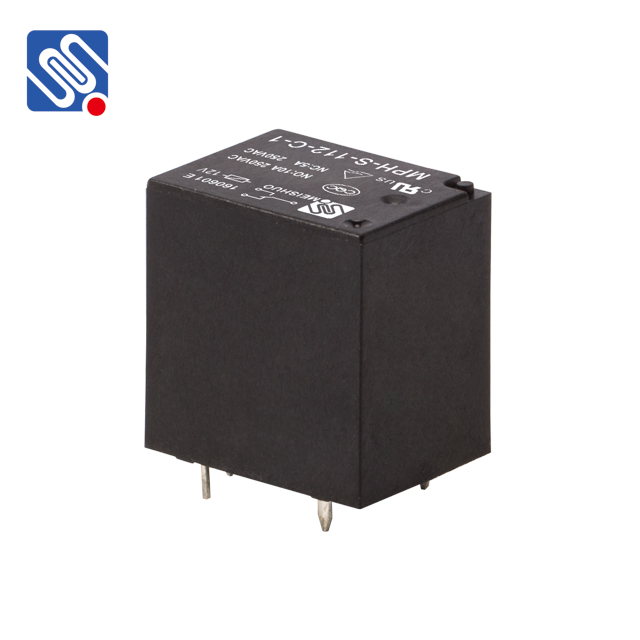relay functional testing: ensuring the reliability of critical systems
Release time:2025-05-07 09:39:15
Relay functional testing is a vital process that ensures the operational reliability and safety of relay systems used in a wide variety of electrical applications. These relays serve as the backbone of protection, automation, and control in electrical grids, industrial machinery, and even household devices. As systems grow more complex and interconnected, the importance of thorough and precise relay functional testing cannot be overstated. This article delves into the principles, methods, and importance of relay functional testing, highlighting its role in maintaining the seamless functioning of essential infrastructure.

What is Relay Functional Testing? Relay functional testing refers to the process of verifying that a relay performs as intended under both normal and fault conditions. A relay is an electrically operated switch used to control the operation of electrical circuits. When a fault condition is detected, the relay must correctly activate or de-activate certain circuits, ensuring that the system remains safe and operates within its specified parameters. The core function of relays is to protect electrical systems by responding to various faults such as overloads, short circuits, and other abnormal conditions. For instance, in power distribution networks, relays protect transformers and circuit breakers from potential damage by quickly detecting faults and initiating appropriate actions. However, if a relay fails to operate correctly, it can lead to catastrophic failures, significant damage to equipment, and even hazards to personnel.

